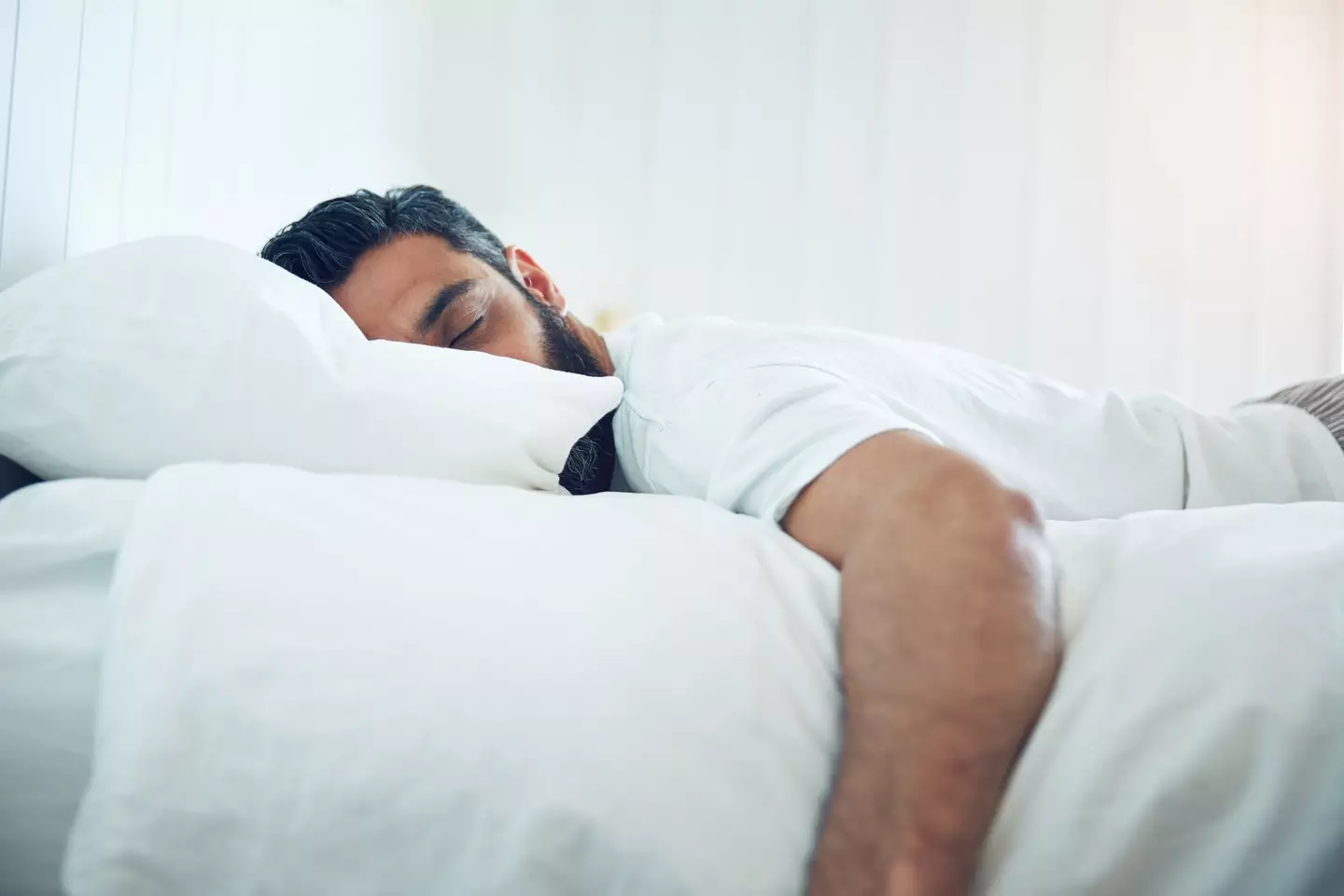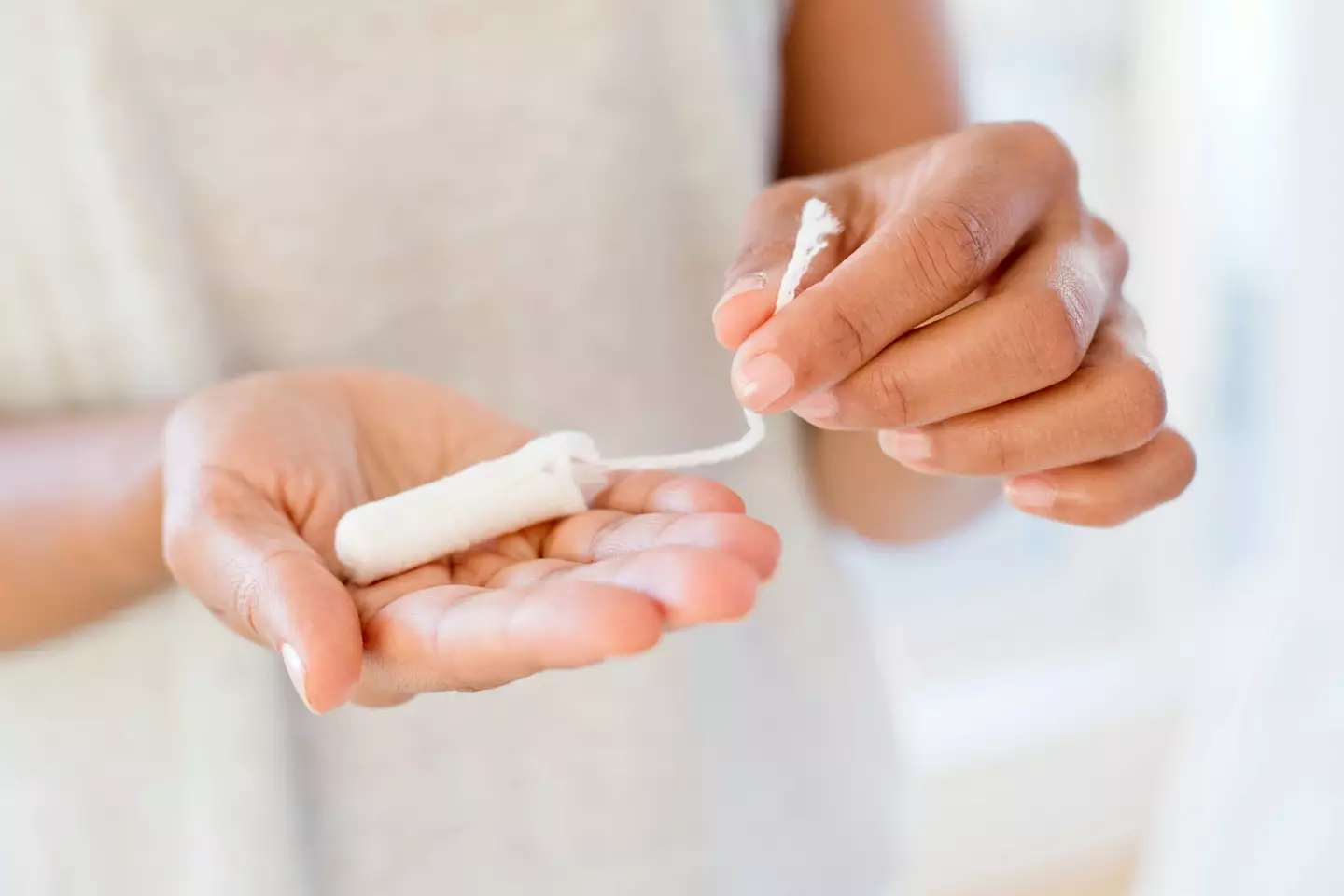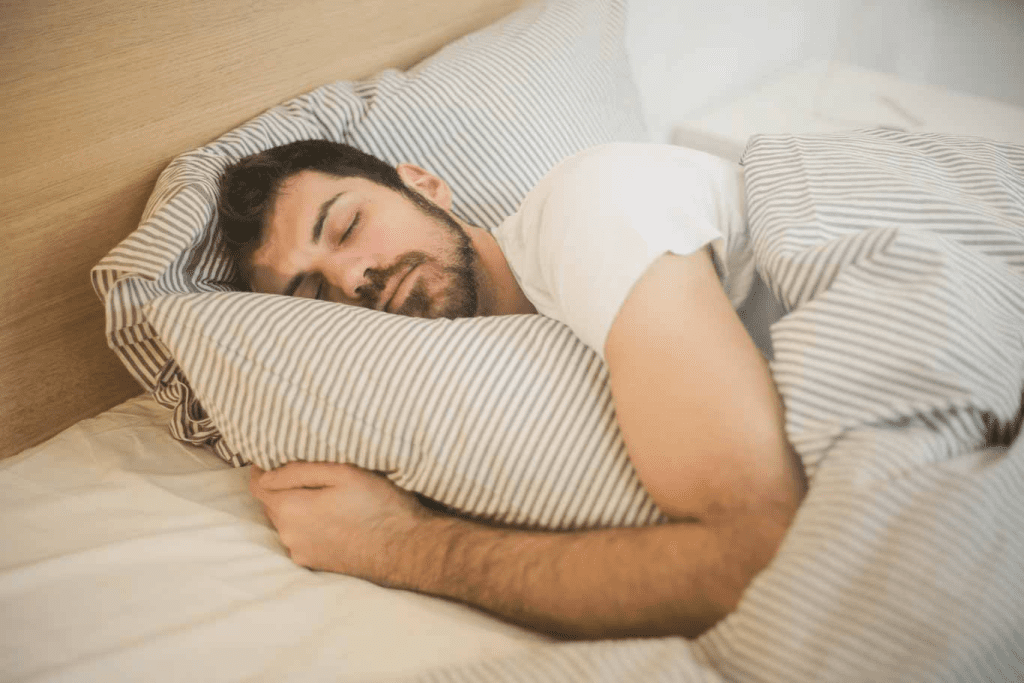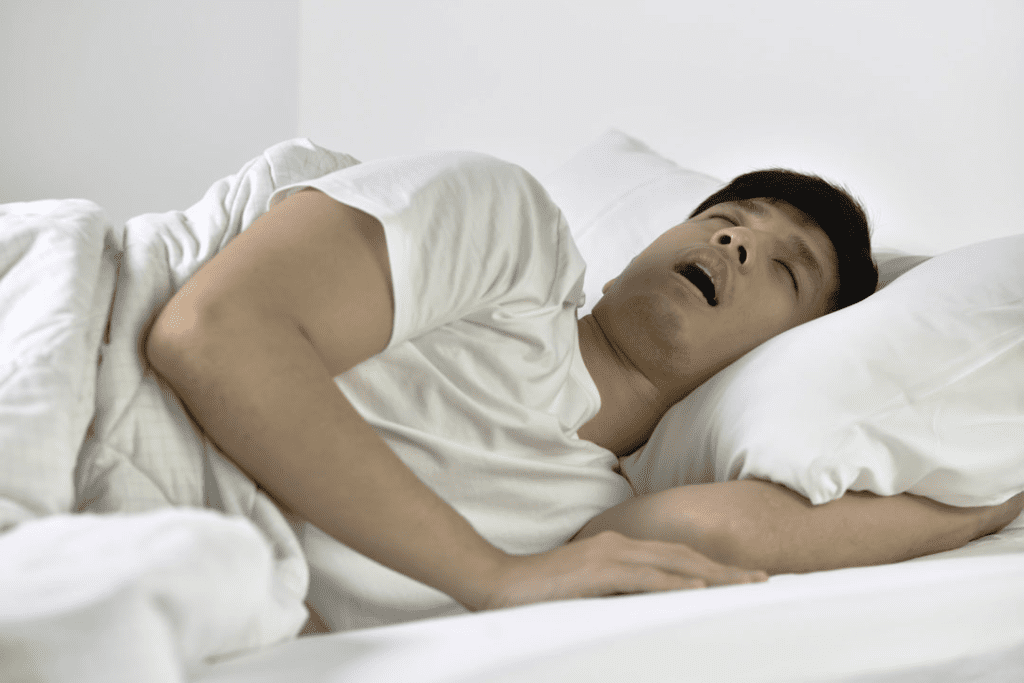In a tragic turn of events, a 26-year-old British man named Mark Gleeson passed away after attempting to stop his severe snoring by inserting tampons into his nose. This heartbreaking incident raises awareness about the dangers of DIY remedies for health issues and emphasizes the importance of seeking proper medical advice for sleep disorders like snoring.

Snoring is more common in men than women (Getty Stock Photo)
The Tragic Incident: Mark Gleeson’s Story
Mark Gleeson was a young man with a bright future ahead of him, but a road accident led to sinus complications that triggered severe snoring. His snoring was so disruptive that it became a family joke, but behind the laughter was a serious health issue. Despite visiting a doctor to seek treatment, Mark was told there wasn’t much that could be done to fix his snoring problem. Frustrated with the lack of medical options, Mark and his girlfriend, Tracey Lambert, discussed alternative methods to alleviate his snoring. This led to the unfortunate decision to use tampons in an attempt to block the noise.
The night before Mark’s tragic death, he drank some wine, took sleeping tablets, and inserted tampons into his nose, hoping for a peaceful night’s sleep. Unfortunately, when Tracey later checked on him, she found him unresponsive with the tampons still in place. Mark had passed away due to asphyxiation, with both the tampons and the sleeping tablets contributing to his inability to breathe.
The Inquest: Understanding the Cause of Death
An inquest held after Mark’s death revealed the true cause of this unfortunate event. Pathologist Dr. Peter Jackson determined that Mark’s death was caused by asphyxiation, with the tampons blocking his airway and the sleeping pills adding to his breathing difficulties. Coroner Michael Burgess ruled the death as accidental, but the tragedy serves as a harsh reminder of the dangers associated with self-treating medical conditions without professional guidance.
Why Do People Snore? Understanding the Root Causes
Snoring is a common problem that affects millions of people worldwide, but it can have many underlying causes. One of the primary reasons people snore is due to a condition known as obstructive sleep apnea (OSA). This disorder causes the muscles at the back of the throat to relax excessively, which obstructs the airway and leads to loud snoring or even pauses in breathing during sleep.
Snoring can also be caused by factors such as sinus congestion, obesity, alcohol consumption, or even sleeping in certain positions. While snoring may seem harmless, it can disrupt sleep and indicate more serious underlying health conditions, such as OSA or chronic respiratory issues.
The Risks of DIY Remedies for Snoring
Mark Gleeson’s tragic death highlights the risks of using unapproved, do-it-yourself remedies to address health concerns like snoring. While it might be tempting to try unconventional methods when faced with persistent issues, doing so without understanding the risks can be extremely dangerous.

The couple spoke about using tampons to stop Mark’s snoring (Getty Stock Photo)
Inserting foreign objects like tampons into the nose can lead to airway obstruction, increased difficulty breathing, or even accidental suffocation, as in Mark’s case. Additionally, combining sleep aids like sleeping pills with any form of respiratory blockage can worsen the situation, as these medications relax the muscles needed for breathing, making it harder for the body to respond to airway obstruction.
What to Do If You Struggle with Snoring
If you or a loved one is struggling with snoring, it’s essential to consult a medical professional. While snoring might seem like a minor annoyance, it can be a symptom of a more serious condition like sleep apnea, which requires medical intervention. There are several safe, effective ways to treat snoring that don’t involve risky DIY solutions.

Safe and Effective Treatments for Snoring
Doctors may recommend a variety of treatments for snoring, depending on the root cause. These can range from lifestyle changes to more advanced medical interventions. Some of the most common solutions include:
- Lifestyle Changes: For mild cases of snoring, lifestyle modifications can make a significant difference. Losing weight, avoiding alcohol close to bedtime, and sleeping on your side rather than your back can all help reduce snoring.
- Medical Devices: There are devices specifically designed to help with snoring. Continuous positive airway pressure (CPAP) machines are often used for those with obstructive sleep apnea, as they keep the airway open during sleep. Other devices include mouthguards that help keep the throat open.
- Nasal Strips or Nasal Sprays: For those dealing with sinus issues or nasal congestion, over-the-counter nasal strips or sprays can provide relief. These products help open up the nasal passages, making it easier to breathe and reducing snoring.
- Surgery: In severe cases, surgery may be necessary to remove obstructions in the airway or correct anatomical issues that cause snoring. Procedures such as uvulopalatopharyngoplasty (UPPP), which removes tissue from the throat, or radiofrequency tissue ablation can be effective in treating chronic snoring.
The Importance of Seeking Medical Advice

It’s essential to remember that not all remedies work for everyone. What might seem like a harmless solution could have dangerous consequences if not properly researched or medically approved. If you or someone you know is dealing with snoring, it’s crucial to consult with a doctor or sleep specialist to explore safe and effective treatment options.
Conclusion
Mark Gleeson’s death is a tragic reminder of the risks associated with trying to self-treat medical conditions without proper guidance. Snoring, while often seen as a minor inconvenience, can signal more severe underlying issues such as obstructive sleep apnea. Instead of resorting to risky DIY remedies, it’s crucial to seek professional medical advice for effective and safe treatment options.
Take snoring seriously, and remember that even seemingly harmless actions, like using tampons to block noise, can have devastating consequences. Always prioritize your health by consulting with a healthcare professional and exploring proven solutions to ensure a good night’s rest without risking your safety.


